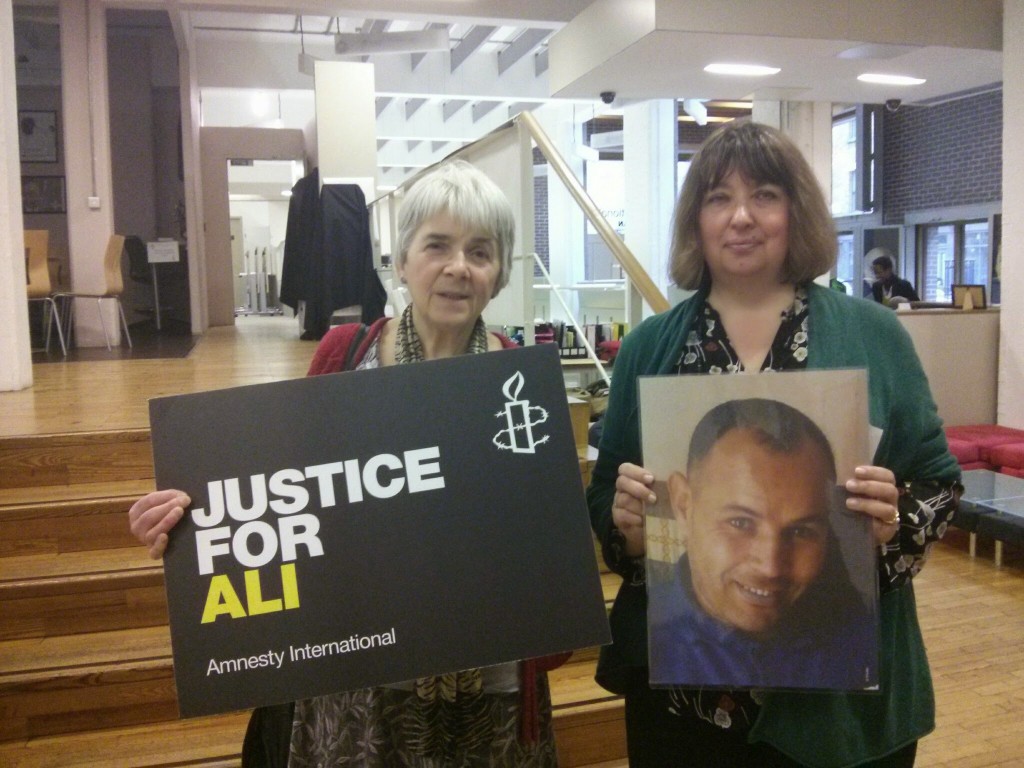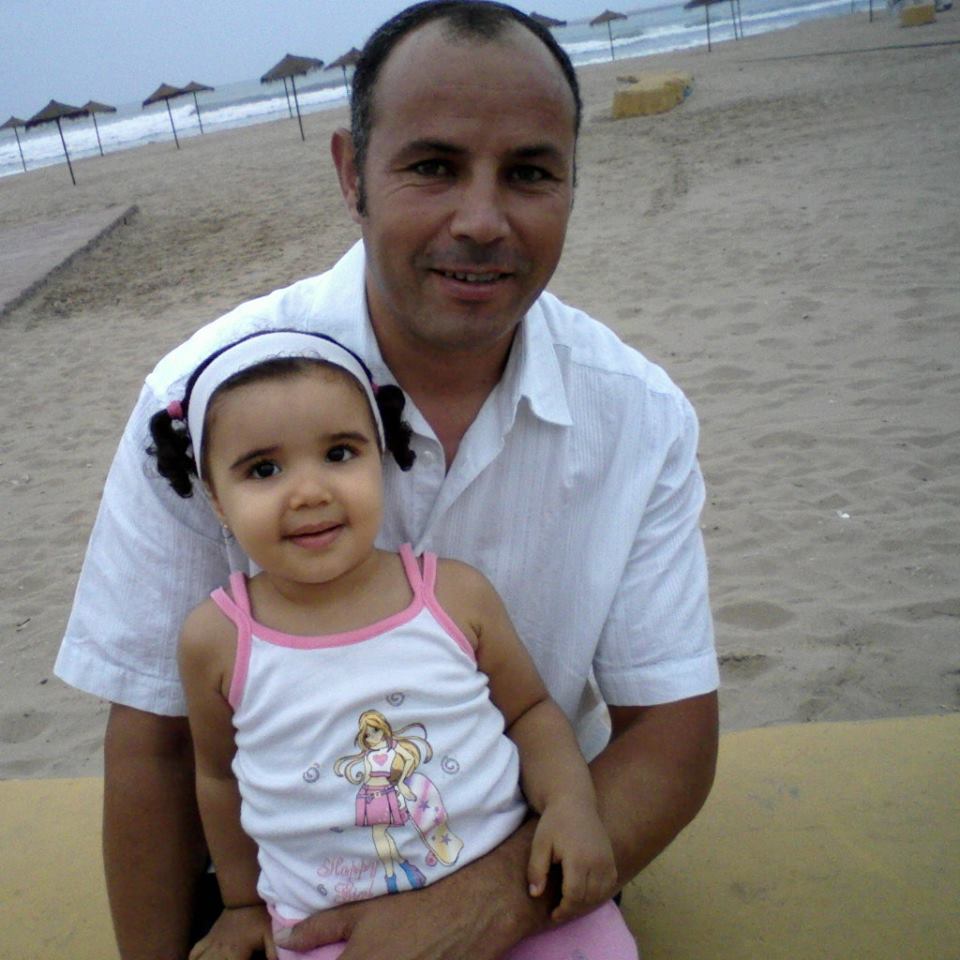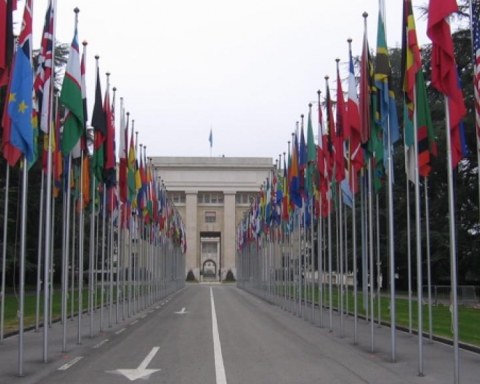15 September 2015
Press release from the Jus Cogens legal practice and the Free Ali Committee
Ali Aarrass: the last struggle
Ali Aarrass, dual-national Belgian citizen whose case has sadly become famous in many countries through Amnesty International’s campaign against torture, has been on hunger strike since 25 August in Salée II prison in Morocco.
‘The hunger strike has become the only way I can make my voice heard’, wrote Ali Aarrass on 27 August in a letter to the Moroccan Ministry of Justice.
Today, after twenty-two days on hunger strike, his state of health is becoming increasingly worrying. Ali has lost 12kg. He suffers migraines and insomnia. His joints are very painful, he has difficulty speaking and standing.
Despite this, Ali Aarrass has determined to continue his hunger strike until the Moroccan authorities respond to his five demands.
- Stop the arbitrariness and ill-treatment at Salée II
Certain guards and officers in the prison, such as the landing supervisor Ben Ali Hicham, create a climate of constant tension through provocations, humiliations, threats and insults, and should be dismissed from their posts. The elementary rights of prisoners must be respected.
- Communicate the results of the investigation of Ali’s complaint of torture, awaited since September 2014
On 27 May 2014, the UN Committee Against Torture gave the Moroccan government three months to complete an impartial and rigorous investigation into the torture of Ali Aarrass, including a medical examination complying with international standards. An investigation was re-opened, but seventeen months later no report and no conclusions have been made available.
- A response to the application for appeal, awaited since 2012
Three years ago, after Ali’s conviction was upheld on appeal, an application for further appeal was lodged by the defence, immediately after the verdict and within the period contemplated by the law. The Moroccan authorities have never responded to this application, meaning that the criminal justice process for Ali has never finished, so he remains in provisional detention, with requests for transfers etc blocked
- Authorisation for a consular visit by Belgium, awaited since September 2014
Since September 2014, the Ministry of Foreign Affairs has made repeated requests to the Moroccan authorities to visit Ali Aarrass. This information was confirmed by a letter from M. Reynders of 9 September 2015, which says: ‘In order to be able to visit a prisoner, whoever he is, the Embassy must always request authorisation for the visit from the authorities of the country where the person is detained. The request to visit M. Aarrass was duly lodged with the Moroccan authorities.’ . For a year, the Moroccan authorities have refused to respond to this request, preventing the Belgian consul from visiting a Belgian citizen, and thus violating international law.
- Immediate release
Ali Aarrass has never been definitively judged or condemned, and his provisional detention now exceeds any reasonable period contemplated by the law. Article 546 of the Moroccan criminal procedure code stipulates that ‘the Court of Appeal is obliged to rule urgently and as a priority on appeals of those detained, within a maximum period of three months of receiving the dossier’. After eight years of provisional detention, immediate release for Ali is the least that can be done to restore an equitable process.
In its opinion of October 2013, the UN Working Group on Arbitrary Detention called on the Moroccan authorities ‘to release Mr Aarrass immediately [and] grant him adequate compensation’. (http://www.unwgaddatabase.org/un/Document.aspx?id=2926&terms=(+Aarrass+))







